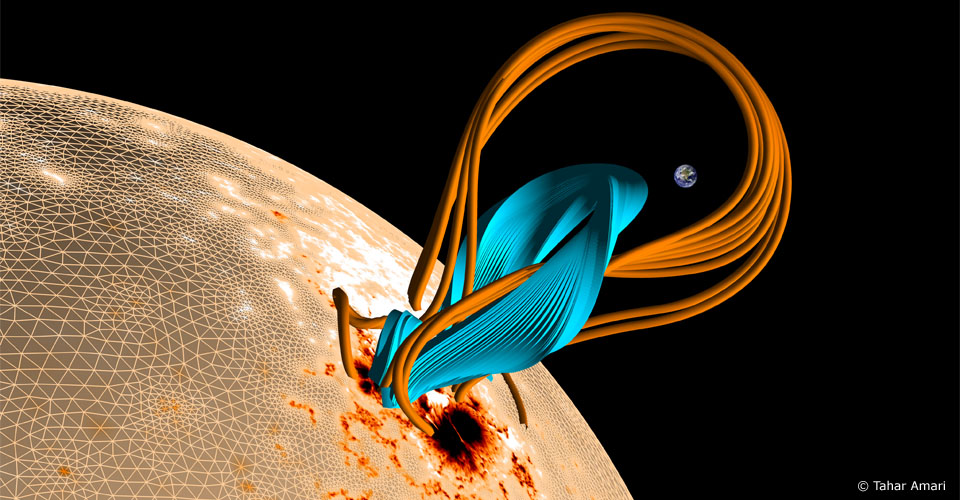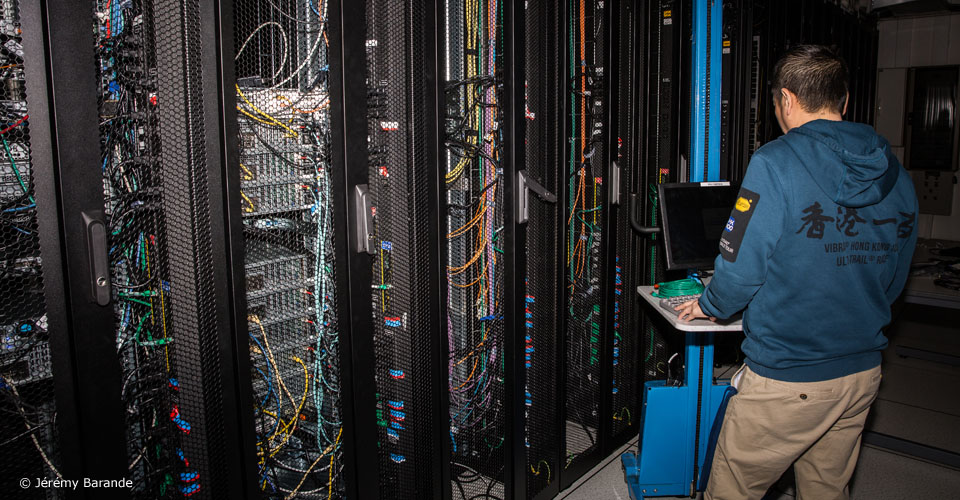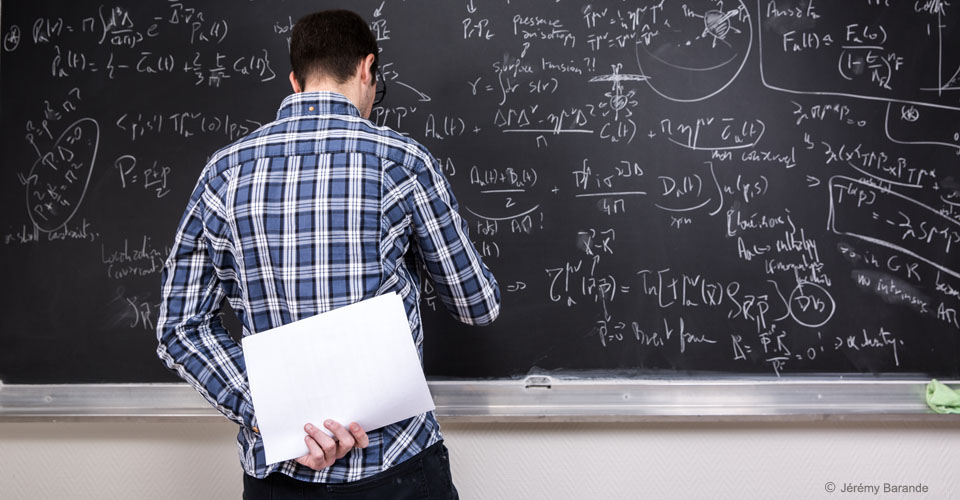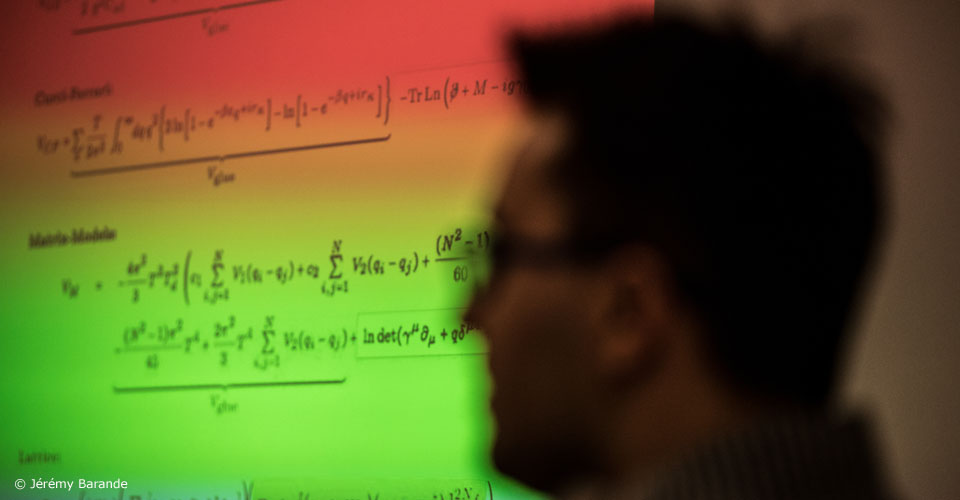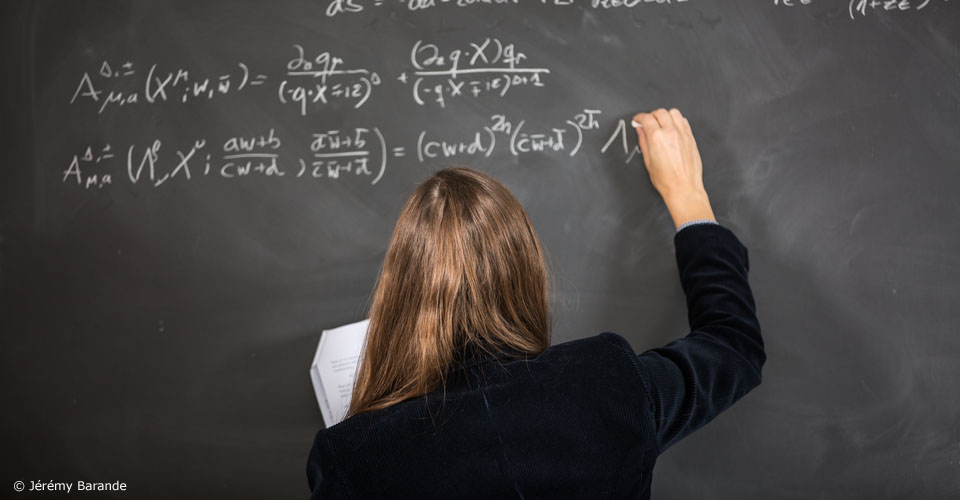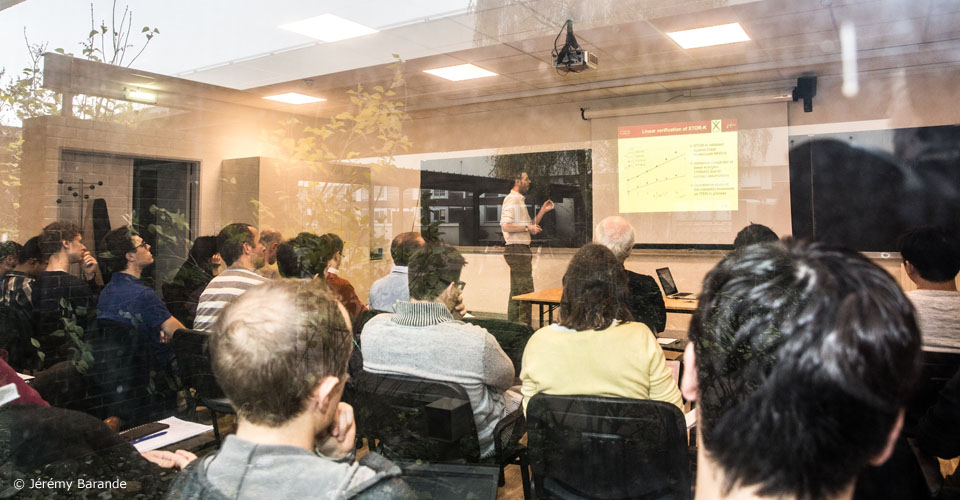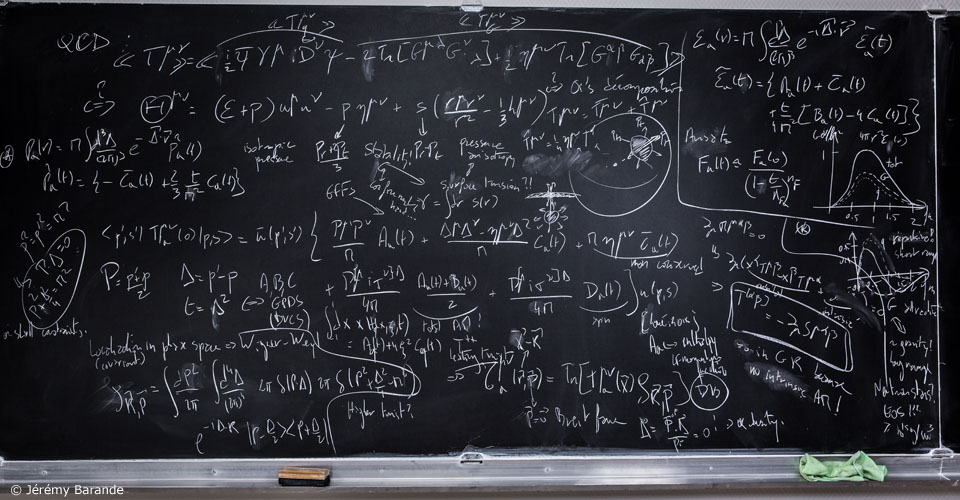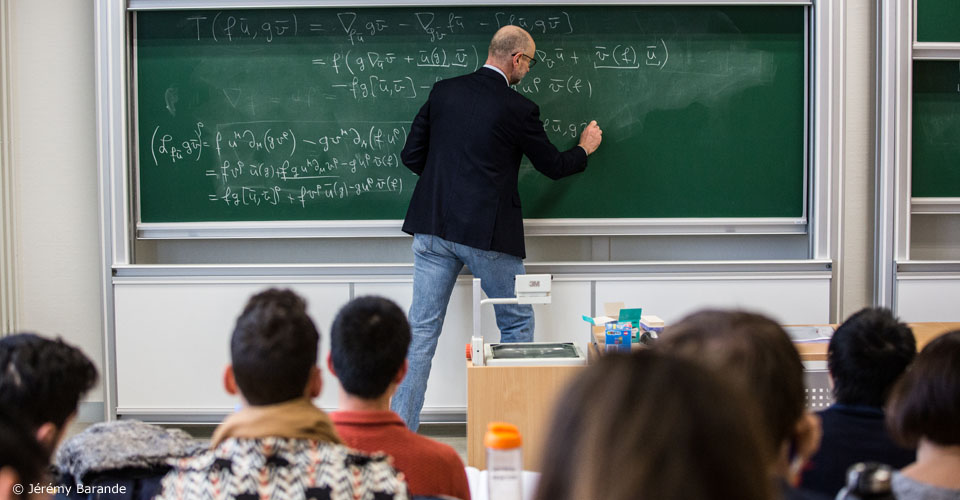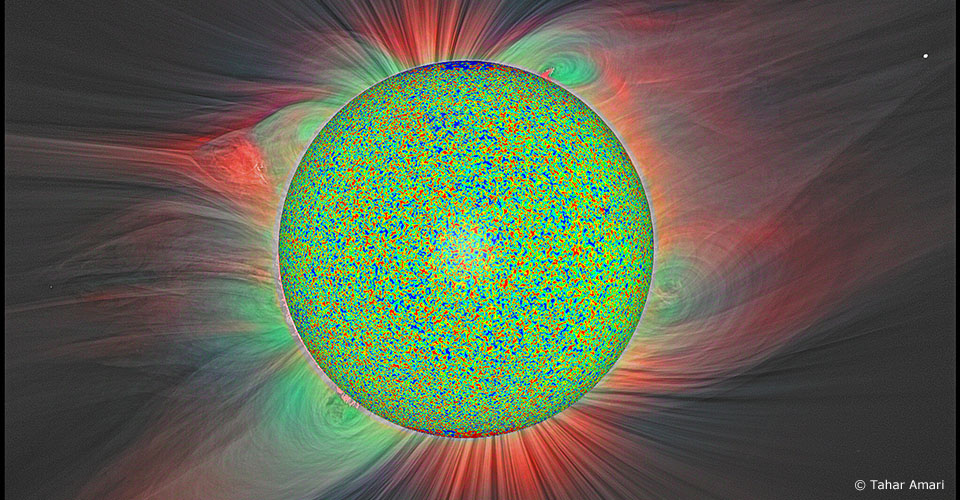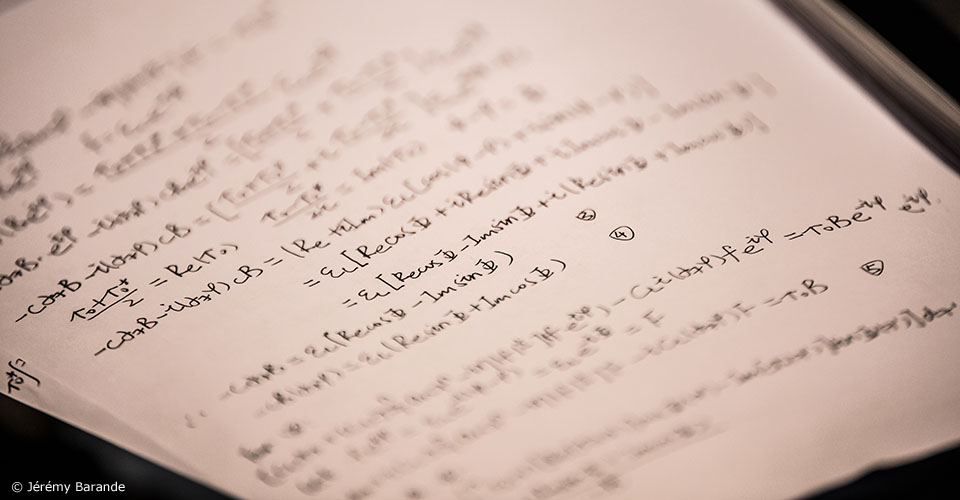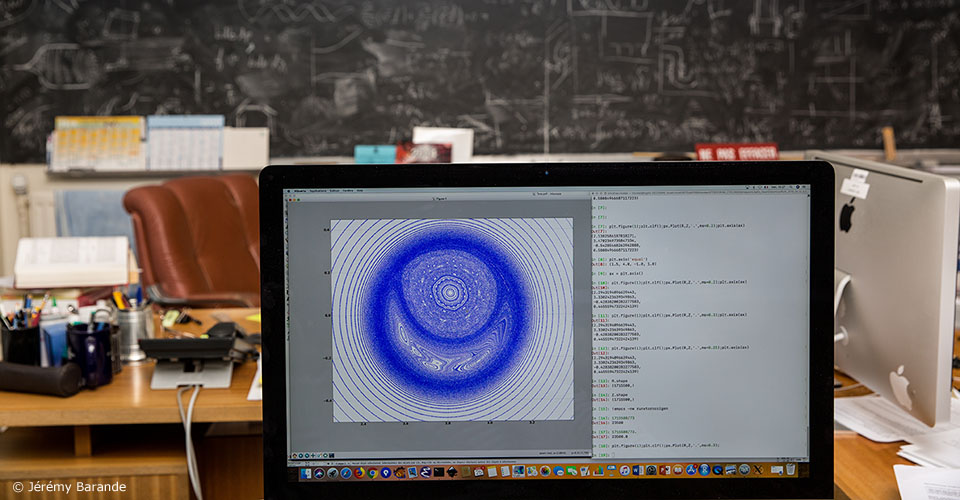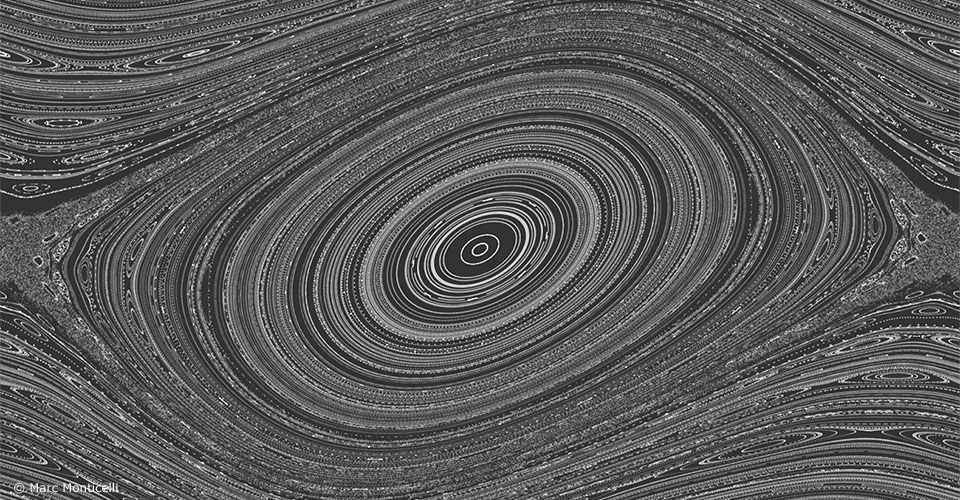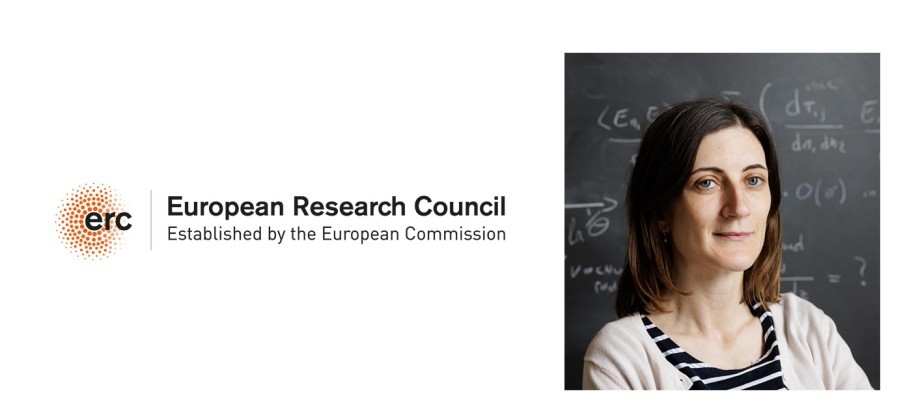CPHT Condensed Matter Seminar
Tuesday 08/10 at 14:30
at CPHT, Conference room Louis Michel
B. J. Kim (POSTECH, Republic of Korea)
Origin of chirality in the charge density wave semimetal 1T-TiSe2
Abstract: Chirality is a ubiquitous phenomenon in which a symmetry between left- and right-handed objects is broken, examples in nature ranging from subatomic particles and molecules to living organisms. However, mechanisms that lead to chirality in condensed matter systems remain poorly understood. In this talk, I will discuss on a novel mechanism of chiral charge density wave formation in the transition-metal dichalcogenide 1T-TiSe2. Based on a rigorous symmetry analysis, we show that charge density modulations and ionic displacements, which transform as a continuous scalar field and a vector field on a discrete lattice, respectively, follow different irreducible representations of the space group, despite the fact that they propagate with the same wave-vectors and are strongly coupled to each other. This charge-lattice symmetry frustration is resolved by further breaking of all symmetries not common to both sectors through induced lattice distortions, thus leading to chirality. Our theory is verified using Raman spectroscopy and inelastic x-ray scattering, which reveal that all but translation symmetries are broken at a level not resolved by state-of-the-art diffraction techniques.

